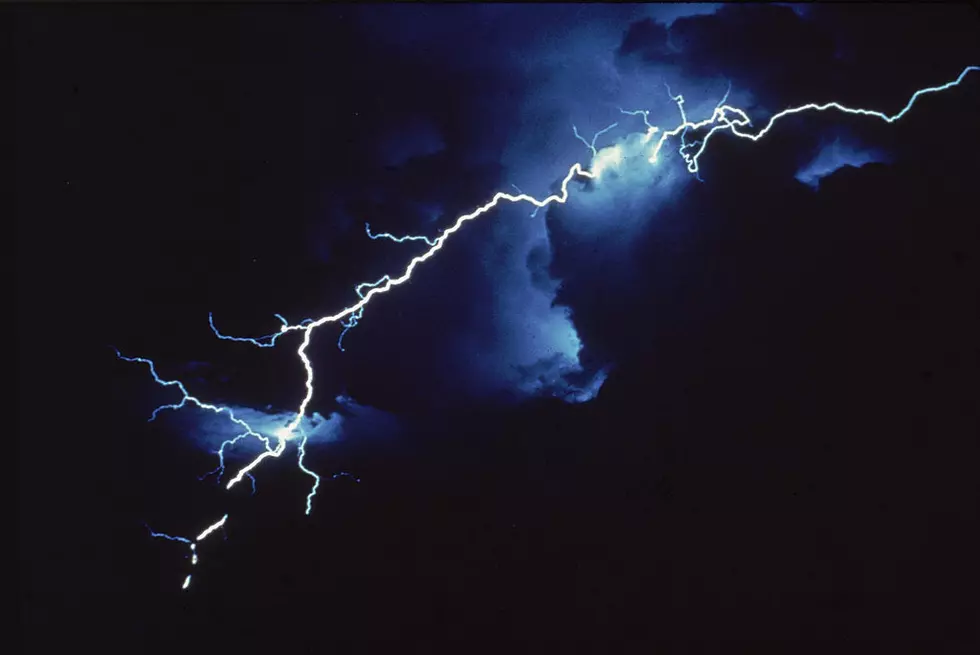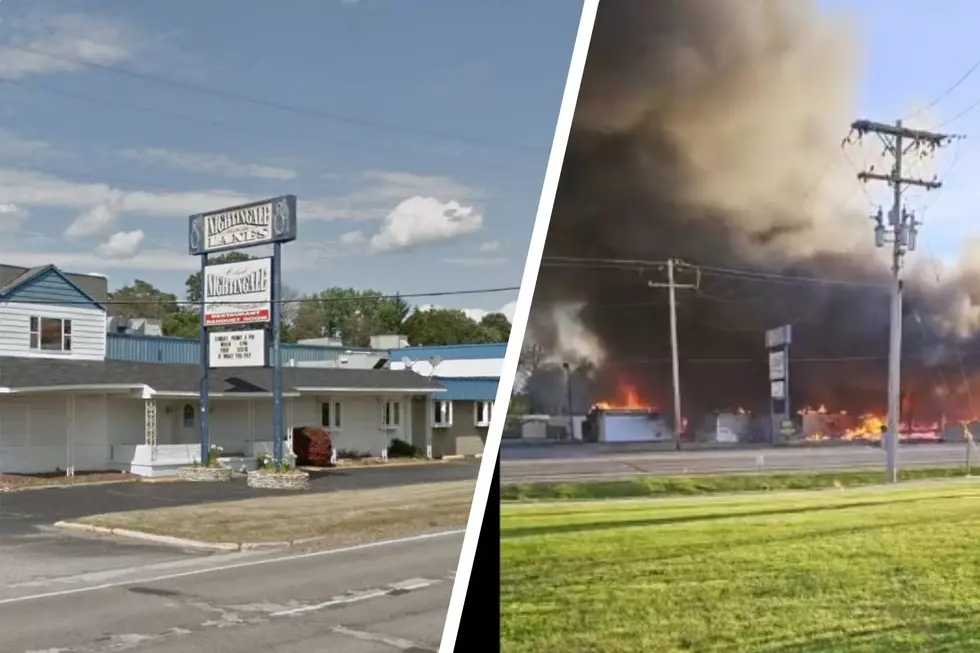Why All the Hate for Meteorologists? Flint’s Local Forecasters Speak Out
Think you have it tough at work sometimes? Try being a local meteorologist. There is absolutely no love.
Doing a job is hard enough sometimes, but when the world holds you to every single solitary thing that comes out of your mouth, life can be a bit interesting. If the snow doesn’t add up to what was forecasted, or the daily high temperature is even a few degrees off, local weathermen and women can get bashed on social media to no end. You would think they killed a puppy instead of missing a forecast, which can change in the blink of an eye, by an inch or degree.

Our local weather anchors are seasoned, not only in education and training but for performing well under pressure. We're not talking pressure of being in front of the camera, but the pressure to keep smiling when all they really want to do is shoot off a reply, or come back, to the multitude of questions and comments regarding the subject of weather. There should really be an Academy Award category for this group.
So what do these "Keepers of the Forecast" and "Weather Wizards" really want to say? We went right to the source to find out.
What Your Local Meteorologist Want You to Know
JR Kirtek has been around long enough to have filtered through his share of constructive criticism when it comes to doing his job. A familiar face at WJRT ABC-12 in Flint for 30+ years, the Chief Meteorologist puts things into perspective about the job of predicting and reporting the weather.
"Some people say, 'I remember when you guys used magic markers and magnets to do the weather!' … C’mon… I’m not THAT old! Forecasting the weather is not an exact science. It is a cross between a science and an art. The science part is learning about the atmosphere and the computer models, and earning the degree. The art part is learning local trends, understanding why certain models perform well under certain circumstances, and why they don’t. That comes with time. That part comes by seeing certain things over and over again. From that perspective, I guess that by now my 30 years here might make me one of the most “artistic” meteorologists in the entire state! LOL"
Kirtek says he's heard his fair share of comments about doing his job.
Former NBC25 Chief Meteorologist, Ahmad Bajjey seems to also take it all in stride. More than once he's faced the Facebook frenzy with his forecasting. Bajjey finds some of the comments comical and harmless, but nonetheless frustrating to someone trained and educated to dish out the weather dirt.
Bajjey, who was with NBC 25 in Flint for close to 10 years and is now with CBS Detroit, tends to hold off on early predictions especially when it comes to snowfall amounts.
"I was born in raised in Michigan, and I know Michigan weather likes to throw a curveball. I always look for those "trends" to pop up that I've known for years before I make a final call"
So what's the moral of this story? Our local meteorologists are people too, with feelings, and a heart. Let's try to show some love and realize....they're human and they are giving it their all, just for you. (insert dramatic music here...haha)
LOOK: The most expensive weather and climate disasters in recent decades
More From Cars 108


![Flint Meteorologist ‘Hatched’ Today During Ice Storm [VIDEO]](http://townsquare.media/site/87/files/2019/02/ah0ad.jpg?w=980&q=75)

![This Michigan Meteorologist Has Had It With All The Complaining [VIDEO]](http://townsquare.media/site/87/files/2018/04/gary.jpg?w=980&q=75)
![Quick Trick To Defrost Your Car Windows [VIDEO]](http://townsquare.media/site/87/files/2016/12/Screenshot_32.png?w=980&q=75)
![Wardrobe Malfunction Makes Meteorologist’s Dress See-Through [VIDEO]](http://townsquare.media/site/87/files/2016/03/KTLA-TV.png?w=980&q=75)


